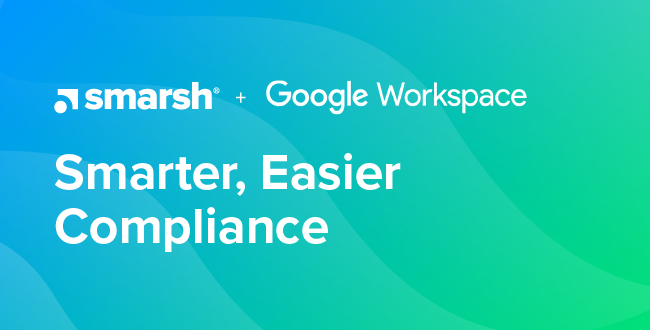An email and electronic message archiving solution is a critical component of a comprehensive electronic recordkeeping program. Your service or system should provide reliable and secure storage, efficiency in review and peace of mind when you need to find and produce data in a pinch. With an increasing number of hosted email archiving solutions, it is essential to determine what functionality, support and features are most important for your organization before selecting a provider.
As you go through the process of evaluating hosted email archiving services, keep in mind a number of factors that may save you time and headaches down the road:
1. You are purchasing more than storage.
You are not just buying a piece of software; you're entering into a partnership. You are entrusting your provider with the security and accessibility of your data (and often your clients' data), and very likely relying on them to help produce content during events such as e-discovery, litigation and regulatory examinations.
Make sure to consider any cost implications for data production. Some providers include audit or legal support requests in their service agreements while others may charge separately for support, production and/or export fees. What may appear to be a bargain on the surface can very quickly transform into an expensive parade of add-on costs.
Additionally, a minimum level of service should be included as well, such as onboarding and ongoing training, around-the-clock technical support and the production of a third-party attestation letter (where necessary).
2. Search should be sophisticated when you need it, simple when you don't.
At a minimum, your email archiving solution should generate accurate search results across all standard email fields including sender, recipient, subject, date, and keywords. But you should also consider a provider's capability to search attachments like PDF files, documents and spreadsheets.
As we know, the amount of email data firms send and receive on a daily basis has grown exponentially over the years, and standard e-discovery tools aren't always good enough at wading through the massive amounts of data. A system that limits irrelevant search results and omits false positives will provide you a faster, more efficient review or e-discovery process.
Once you have returned the results you're looking for, having the options to export/download or save the search criteria could be important to support your review process and ensure your entire team is reviewing the same data.
3. Tools should simplify and automate workflow.
Solutions have evolved over recent years, and the expectation is that the technology should reduce (if not eliminate) repetitive tasks and processes. As part of your ongoing surveillance, there will still be some degree of manual repetition. However, tasks such as an escalation, auto classification (based on patterns or specific criteria and the exclusion or classification of privileged communications), disclaimers and false positives should be managed through automation.
As you implement your surveillance procedures, they should not be compromised by the limitations of the archiving solution. Instead, it should offer the flexibility and customization to adapt to the way you and your organization review email.
4. Your data is YOUR data.
Data is one of a firm's most valuable assets, so your ability to access and retrieve it should never be compromised. Some providers see data production as a profit center, charging per gigabyte fees to ultimately return your data to you.
To avoid an unexpected expense during a stressful time (like during an examination or litigation), ensure authorized users can retrieve and produce as many messages as necessary on-demand, in original form, and securely download or burn to a CD/DVD. Additionally, having access to your data is critical when restoring emails after a server crash or if you decide to migrate your data from one email archiving solution to another.
5. Compliance doesn't need to be a roadblock to innovation.
New forms of communications, social networks and productivity tools are emerging regularly, and often, the adoption of these new tools is delayed or halted outright until IT and compliance can address the subsequent compliance challenges.
Instant messages and LinkedIn are prime examples of messaging platforms that we have seen adopted by end-users before an organization could get its arms around usage policies, forcing compliance to "catch up." With enterprise social networks like Yammer on the rise, you don't want to be in a situation where everyone needs to either stop what they're already doing, or delay the adoption of an emerging new standard in order to let the compliance technology catch up. Your provider should be anticipating these types of needs ahead of time, so a comprehensive and complete archiving and compliance solution can be ready to go when you are.
6. Archiving solutions vs. Archiving and compliance solutions.
Technology is one component of an email archiving and compliance solution. As important, though, are the people behind it. Staff expertise in the area of regulatory compliance will play a significant role in how your requests are handled. Solutions should be flexible enough to align with upcoming rules, or amendments to existing ones. As part of their customer relationships, your provider's representatives should be sharing best practices culled from the knowledge accrued from the experiences of your peers who are trying to solve similar problems.
For some providers, compliance is not the primary focus. That might work fine for organizations that are not in regulated industries. But for those organizations with compliance obligations, a provider's up-to-date knowledge and understanding of industry-specific best practices will enhance your experience.
- Are Pre-approved Social Media Posts Necessary? - March 24, 2015
- 7 Social Media Risk Management Practices for Mortgage Lenders - October 22, 2014
- Do Regulators Now Have Their Eye on the Mortgage Lending Industry? - October 1, 2014
